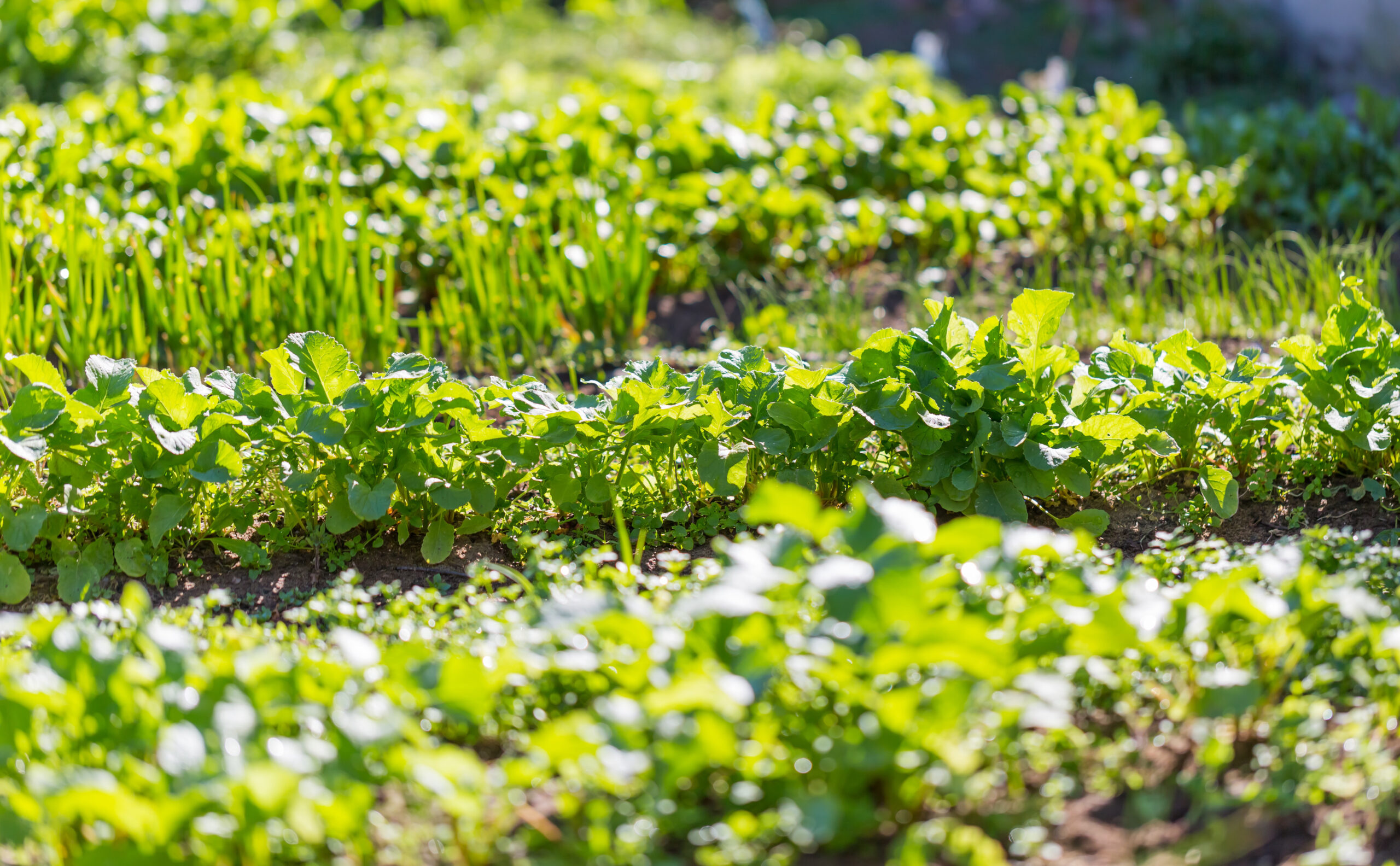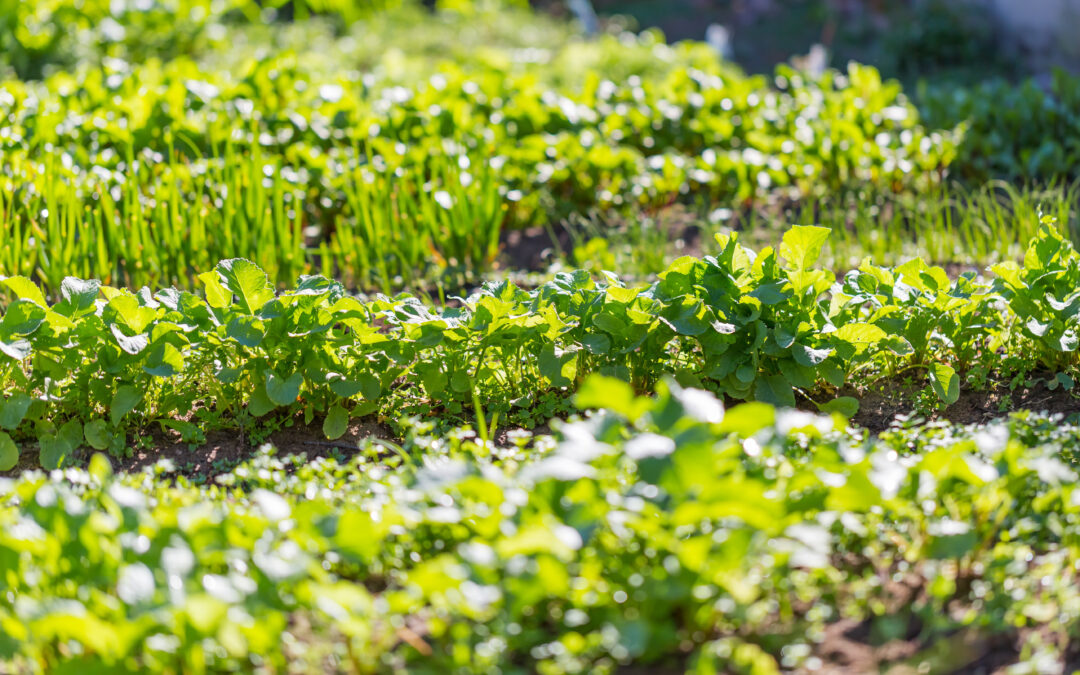Organic gardening is a method of growing plants without the use of synthetic fertilizers and pesticides. It involves using natural methods to maintain soil health, control pests, and promote plant growth. In this blog post, we will explore what organic gardening is, its benefits, how to start an organic garden, common mistakes to avoid when starting one, and tips for successful organic gardening.

What is Organic Gardening?
Organic gardening is a way of growing plants that relies on natural processes rather than chemicals. This means using compost instead of synthetic fertilizer, controlling pests with natural predators or handpicking them, and rotating crops to prevent disease buildup in the soil. The goal of organic gardening is to create a self-sufficient ecosystem where plants can thrive naturally.
The Benefits of Growing Your Own Food
There are many reasons why people choose to grow their own food. Here are some of the most significant benefits:
1. Freshness – When you grow your own food, it’s always fresh and flavorful. You don’t have to worry about produce sitting around in storage or being shipped from far away.
2. Nutrition – Homegrown fruits and vegetables are often more nutritious than store-bought ones because they are picked at peak ripeness and haven’t lost any nutrients during transportation or storage.
3. Cost savings – While there may be initial costs associated with setting up an organic garden, once established, the cost of producing your own food can be significantly lower than purchasing it from the grocery store.
4. Environmental impact – By choosing not to use synthetic chemicals in your garden, you reduce the amount of pollution entering our waterways and air.
How to Start an Organic Garden
Starting an organic garden requires careful planning and preparation. Here are some steps to get started:
1. Choose the right location – Select an area that receives plenty of sunlight and has well-draining soil. If your soil isn’t ideal, consider building raised beds or creating a container garden.
2. Prepare the soil – Remove any existing plants or debris from the area, then add compost and other amendments to enrich the soil.
3. Decide what to grow – Consider which fruits, vegetables, and herbs you enjoy eating and research which varieties do well in your climate.
4. Plant your seeds or seedlings – Follow the instructions on the seed packets or plant labels regarding spacing, depth, and care requirements.
5. Maintain your garden – Keep track of when to harvest, watch out for pests and diseases, and make adjustments as needed based on weather patterns and plant performance.
Common Mistakes to Avoid When Starting an Organic Garden
Here are some common mistakes people make when starting an organic garden and tips for avoiding them:
1. Not doing enough research – Before you begin, learn about the specific needs of the plants you want to grow, including light requirements, watering schedules, and recommended soil amendments.
2. Overwatering – Too much water can lead to root rot and decreased fruit production. Use a moisture meter or stick your finger into the soil to check if it’s dry before watering.
3. Underfeeding – Plants need nutrients to grow, so make sure to apply compost and other amendments regularly.
4. Ignoring pest management – Instead of reaching for chemicals, try using natural remedies like companion planting, handpicking, or neem oil sprays.
Tips for Successful Organic Gardening
Here are some additional tips for ensuring success with your organic garden:
1. Rotate crops – Different plants require different nutrients, so rotate your crops each year to keep your soil balanced and prevent disease buildup.
2. Practice good sanitation – Clean up fallen leaves, twigs, and other debris to minimize pest habitat and prevent disease spread.
3. Experiment with new techniques – Try new approaches such as vertical gardening, square foot gardening, or hydroponics to maximize space and efficiency.
4. Enjoy the process – Remember that gardening should be fun and rewarding! Take time to appreciate the beauty of nature and the satisfaction of growing your own food.



